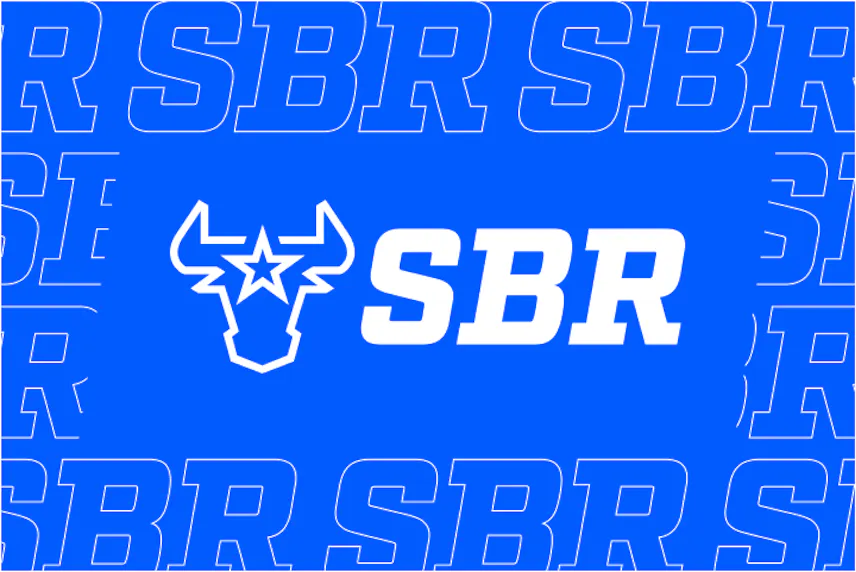New York Seeks To Increase Number Of Sports Betting Operators

Last Updated: February 3, 2023 10:49 AM EST • 4 minute read X Social Google News Link

More mobile sportsbooks could be coming to New York if a new bill makes its way through the state senate.
Senator Joe Addabbo introduced Bill S1962 in the Jan. 17 session of the New York Senate Committee on Racing, Gaming, and Wagering. The bill would increase the number of online New York sports betting licenses to 14 by Jan. 31, 2024, and 16 by Jan. 31, 2025.
Expanding the current field of nine mobile sports betting sites would also come with a tax reduction – kickstarting what is likely to be a difficult quest to persuade the Empire State’s legislators to reduce the 51% tax rate on a sports betting market that brought in over $900 million in tax revenue in its first full year of legal online sports betting.
Potential impact of Bill S1962
Under the bill, an expansion to 10-12 operators would yield a 50% tax rate, a move to 13-14 would mean a 35% tax rate in 2024, and 15 or more would see a drop to 25% in 2025.
But with reduced taxes come increased licensing fees (as well as joining a flourishing active market as opposed to a brand new one); the new entrants would pay a $50 million licensing fee instead of the $25 million paid by the nine operators who have already entered the market.
Sports betting sites bristle at NY tax rate
Of the nine active operators servicing online sports betting in New York, four own over 90% of the market share: FanDuel, DraftKings, Caesars, and BetMGM. And leaders at all four of the state's best sportsbooks have publicly voiced strong opposition to the existing 51% tax rate.
DraftKings CEO Jason Robins and FanDuel President Christian Genetski both testified at Jan. 31’s Senate public hearing on New York’s first year of online sports betting, expressing concerns about the sustainability of the current tax rate and warning that without a reduction, the state’s operators could take action that would negatively impact the marketplace.
While online sports betting in New York generated $16.5 billion in 2022 - becoming the largest mobile sports betting market in the United States - Robins stated that “the market is built on an unstable foundation” and the highest tax rate in the country could force the company to take drastic measures like offering worse odds in New York than it does in other states.
BetMGM CFO Gary Deutsch echoed this sentiment well before Robins, saying that “the house cannot continue to play if it’s always going to lose” during the operator’s May 2022 earnings call.
FanDuel’s Genetski pointed out signs that the market has already peaked since the New York online sports betting handle has decreased by more than 20% after its first 3 months in operation. From his perspective, “the cause of underperformance is not a mystery” since it signals “the pullback of investment by operators in the market” due to the 51% tax rate.
Caesars CEO Tom Reeg has been more candid, simply stating “the tax rate is ridiculous” during an interview at the 2022 Indian gaming Mid-Year Conference in November.
The future of Bill S1962
According to Sen. Addabbo, Bill S1962 is “a starting point for negotiations in this brand new legislative session on the cusp of the state budget,” a statement he made the night of Jan. 17 after introducing the bill.
Assemblyman Gary Pretlow introduced a similar bill amendment in 2022 that failed to advance, so this latest bill definitely faces an uphill battle.
Although the national online sports betting tax rate averages out to just 13%, New York’s legislators do not want to reduce the existing 51% tax rate because the success of the mobile sportsbooks in New York is so intertwined with that of the state. In this case, the $16.5 billion in revenue collected by the state’s sports betting sites generated roughly $577 million in tax revenue through November 13, with 98% of that going to education programs.
If Bill S1962 carved a path to fruition, it could potentially cut that tax revenue in half by 2025, which leaves some of the legislators skeptical.
On the other hand, the operators argue that this current 51% tax rate does not support sustainable growth in the market and the state may end up losing tax revenue anyway as the operators pull back on investment, which could take away from the New York sports betting promos that are currently available.
Even worse, all of this friction could push bettors back to offshore sites in the illegal market that lack regulation or consumer safeguards that the sports betting industry has fought so long and hard to achieve.
Whichever way you look at it, Bill S1962 seems to have started a meaningful conversation, and this conversation does not seem to be going anywhere anytime soon.

Grant Leonard X social